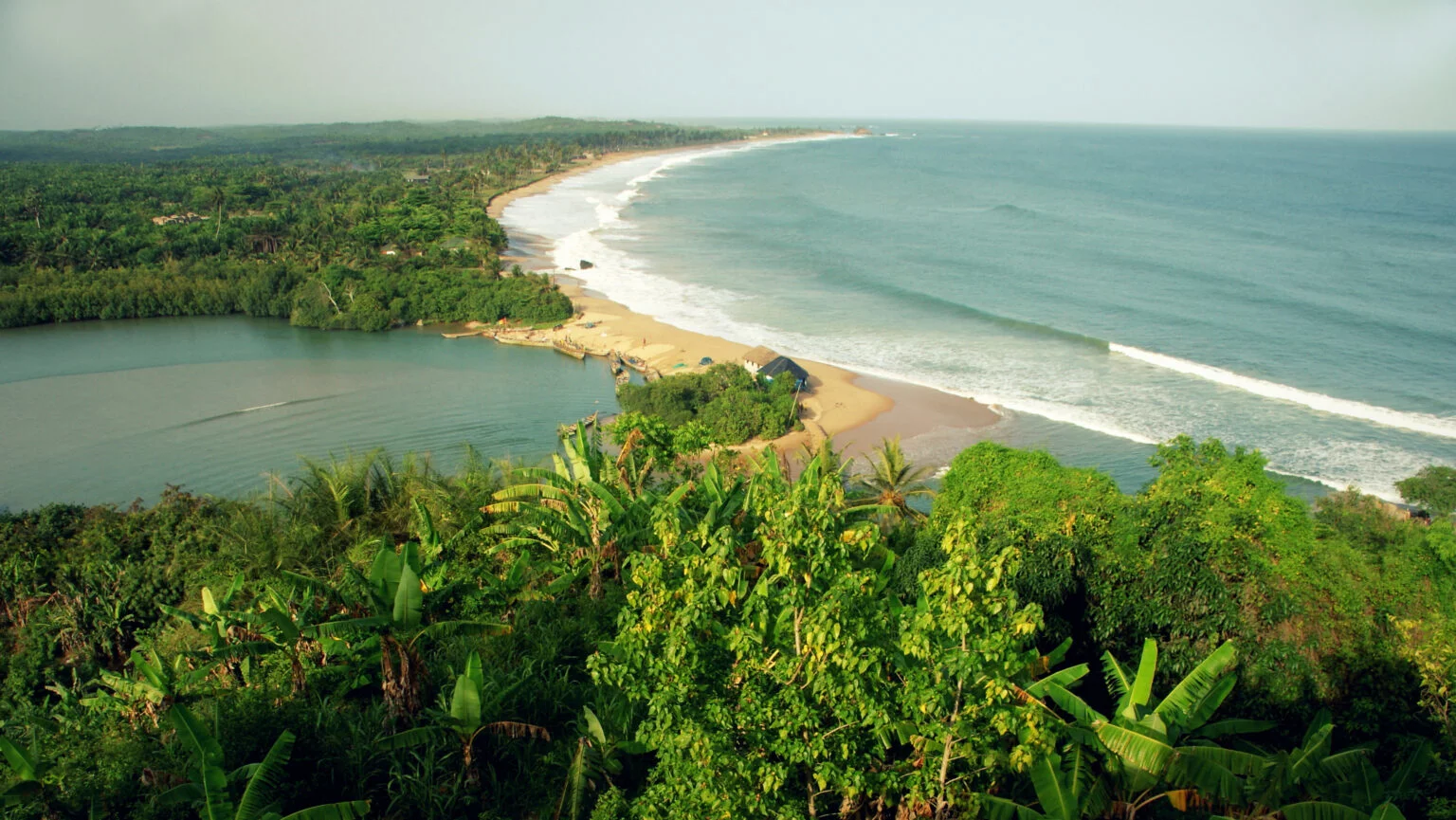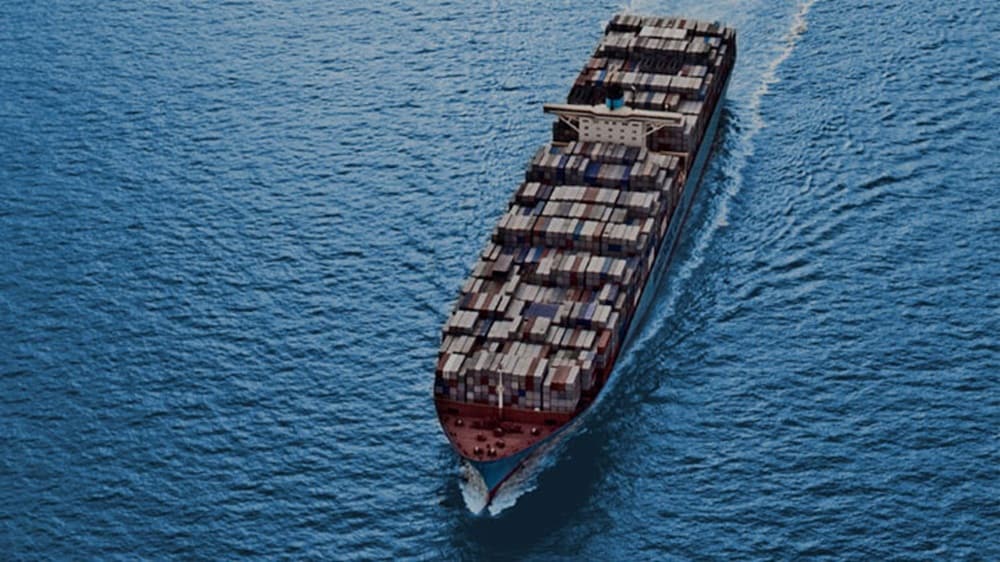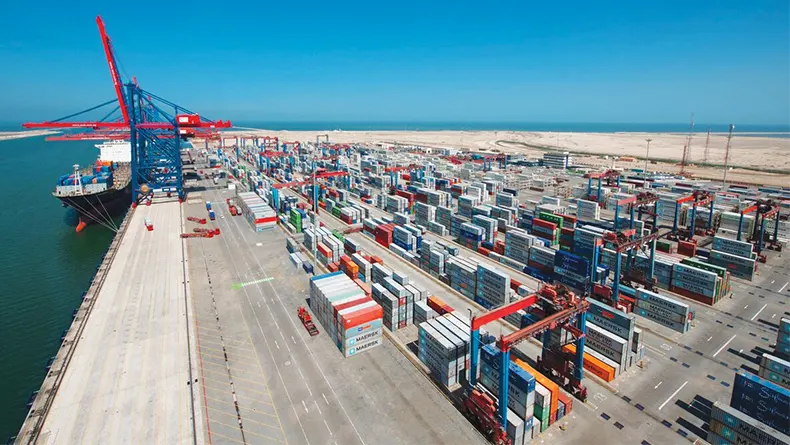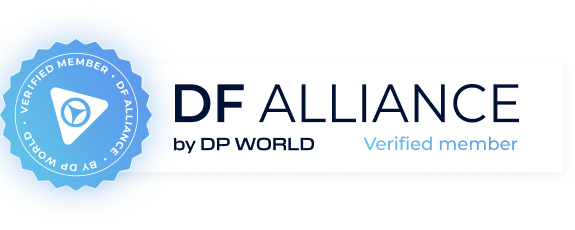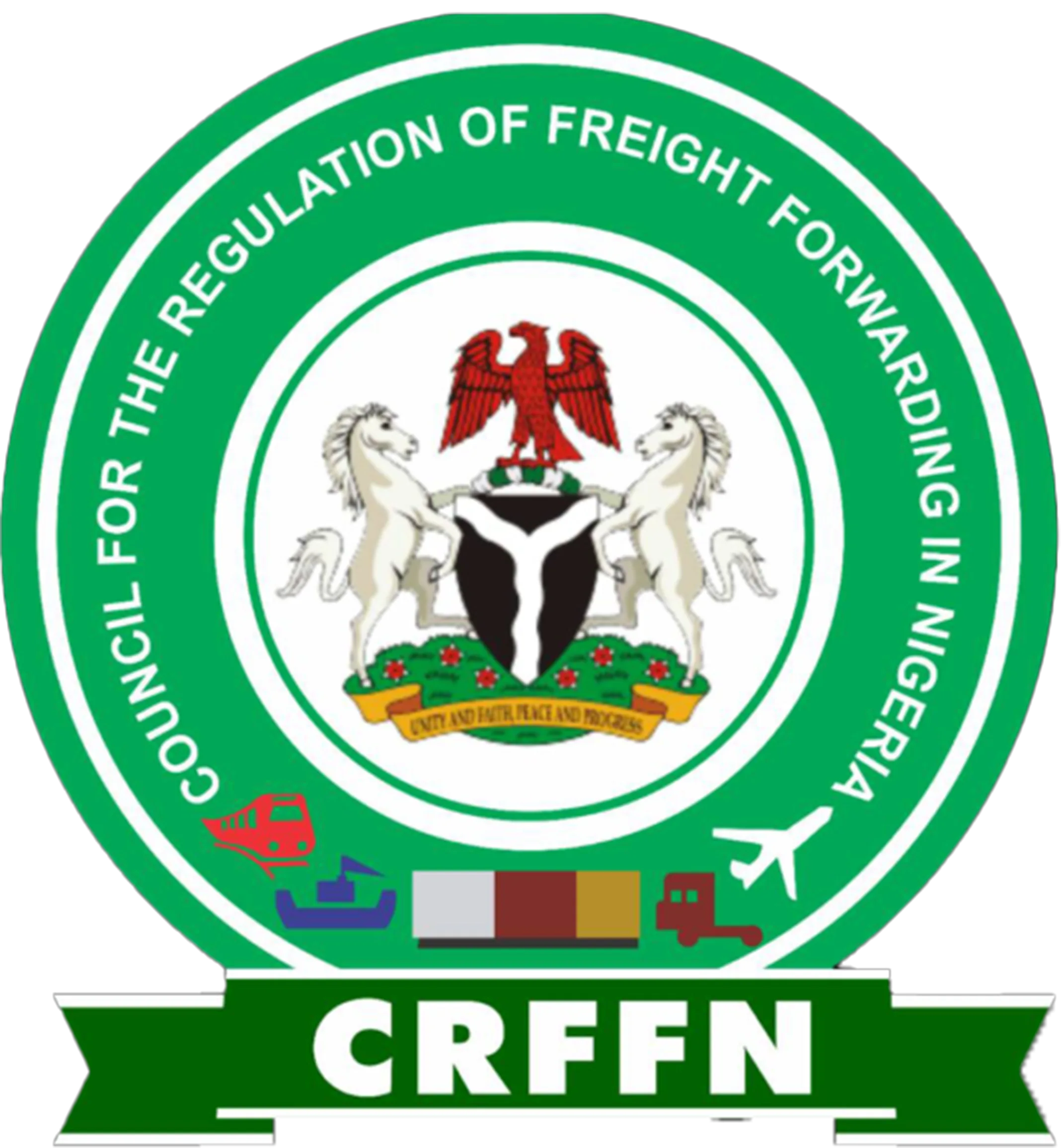Connecting Ghana across Africa and beyond
Providing you with expert navigation of Ghana’s trade lanes, connecting commodities to markets across Africa and beyond.
As a leading Ghanaian shipping provider, we leverage our extensive network and deep local knowledge to ensure seamless cargo movement. Our expertise spans the export of key Ghanaian commodities, like cocoa, gold, timber, and manufactured goods, to destinations across Africa and beyond.
We recognize Ghana’s position as a vital import hub, facilitating the flow of raw materials, machinery, and consumer goods from around the world. Limark Ghana ensures reliable on-forwarding of these imports throughout the country for seamless integration into the Ghanaian market.

Import regulations
Importing goods to Ghana requires navigating specific procedures and documentation. Here’s a breakdown of the essential requirements:
Export regulations
Get a detailed guide that provides an in-depth look into every aspect of the export process to ensure your goods are shipped efficiently and in compliance with all legal standards.

Expertise You Can Trust
Seamless cross-border shipping to and from Ghana
Navigating Ghana’s complex trade regulations can be a challenge. Non-compliance often leads to costly delays and penalties. Simplify your Ghanaian trade operations with Limark Forwarding. Our extensive expertise in cross-border logistics ensures seamless, compliant cargo movements from origin to the final destination.
We understand that reliable, predictable shipping is the backbone of your success. With a proven track record of on-time deliveries in Ghana, Limark guarantees peace of mind. Our dedicated team manages every step – from customs clearance to inland transportation – with precision. Contact us today and experience the Limark difference in Ghanaian trade.
Get Expert Guidance
Contact our regional experts
Partner with experienced freight forwarders and customs brokers for seamless shipping to and from Ghana. Ensure full documentation compliance with the guidance and logistics services of our team.
